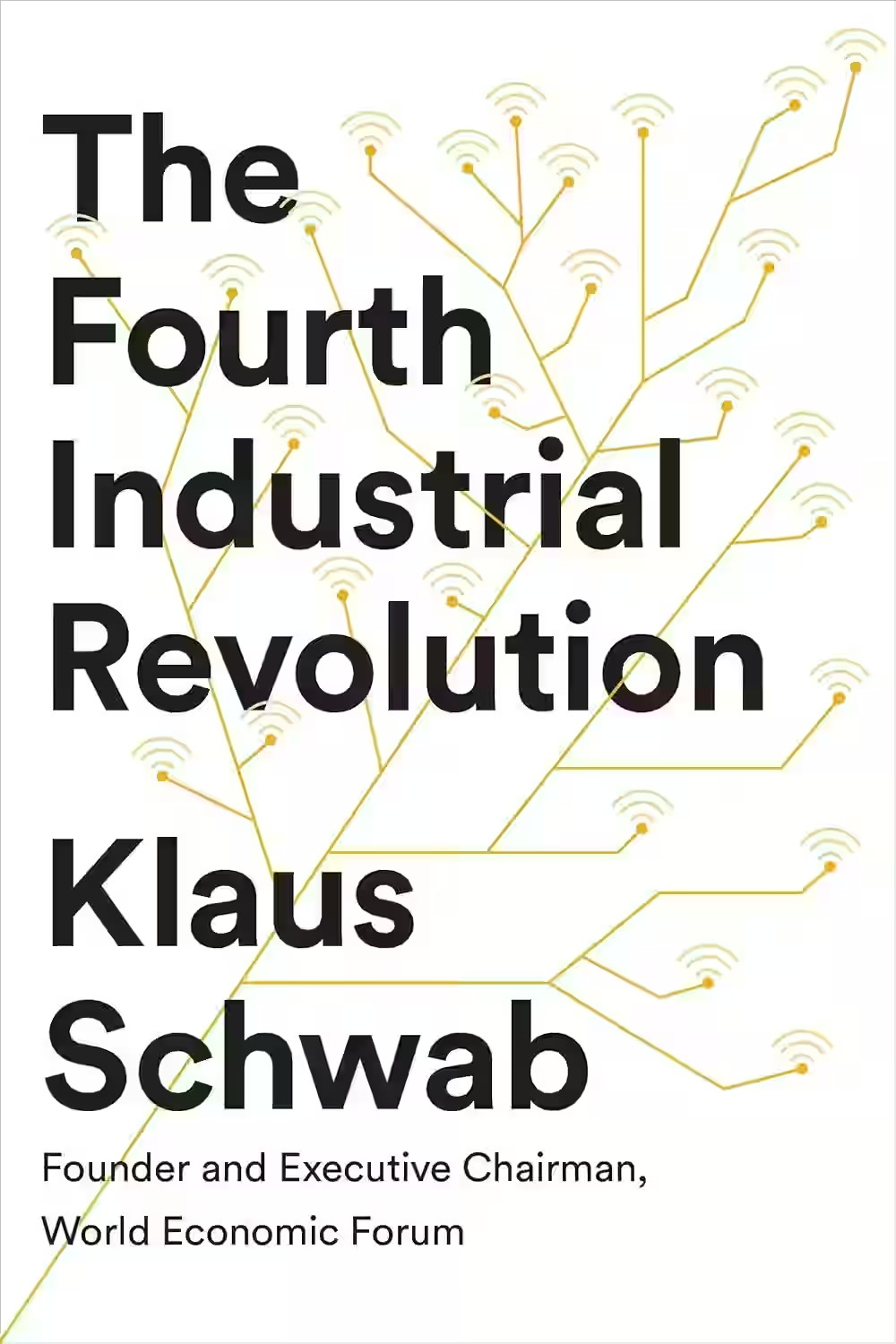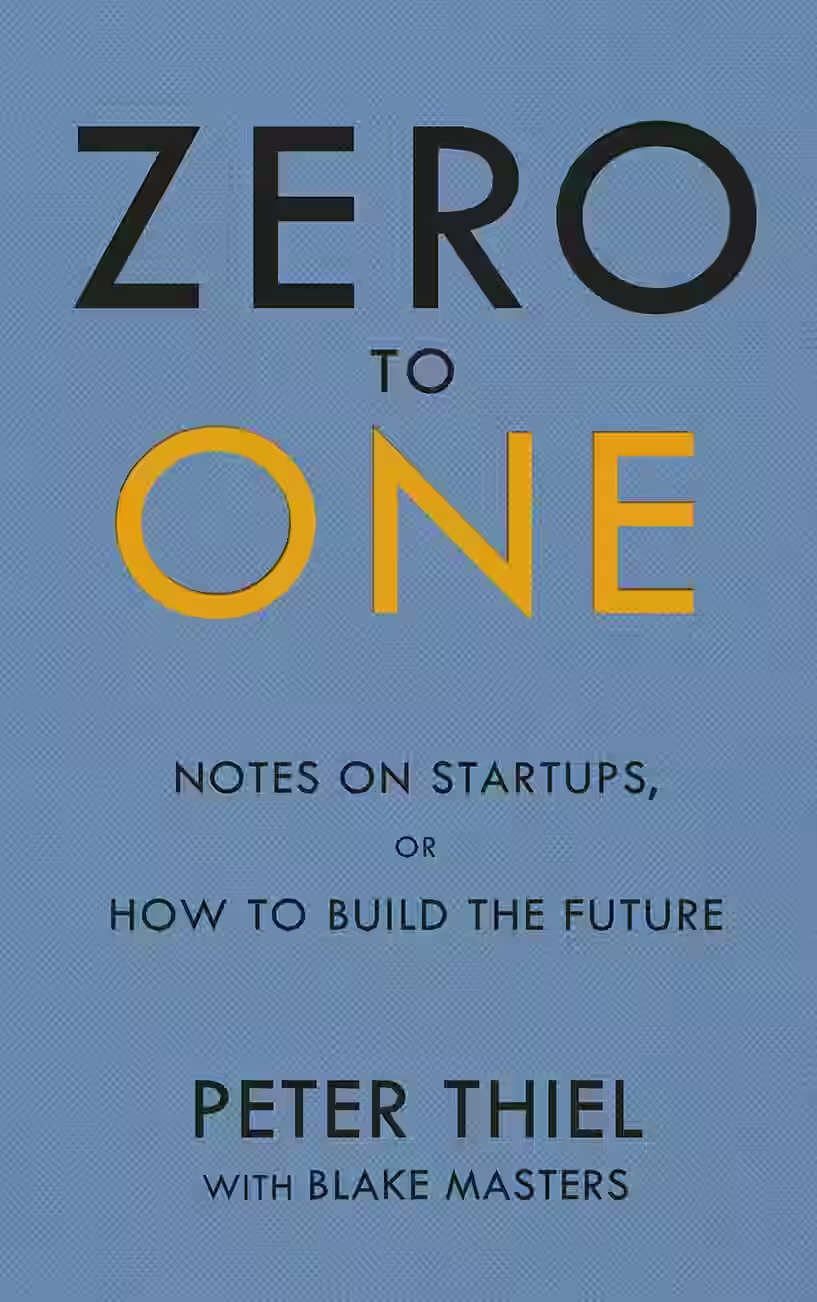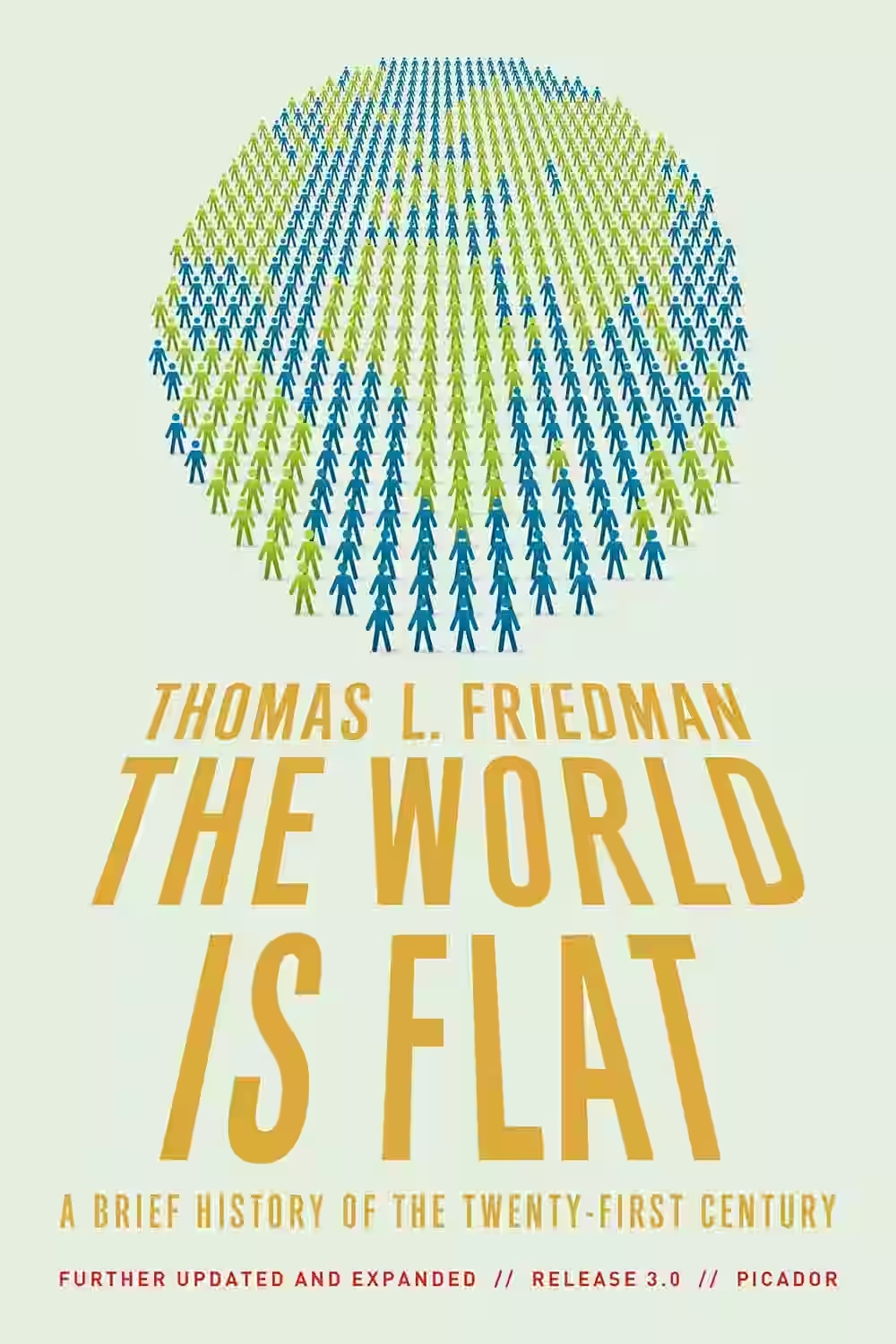
In 'The Fourth Industrial Revolution' by Klaus Schwab, the author delves into the transformative era we are currently facing, where technological advancements are reshaping industries and societies at an unprecedented pace. Schwab discusses how technologies like artificial intelligence, robotics, and the Internet of Things are blurring the lines between physical, digital, and biological spheres. He emphasizes the need for collaboration between governments, businesses, and individuals to navigate these changes successfully. The book serves as a call to action, urging readers to adapt to the new landscape to ensure a brighter future. With insightful analysis and thought-provoking ideas, Schwab presents a compelling vision of the future.
About Klaus Schwab
Klaus Schwab is a German-born economist, business scholar, and founder of the World Economic Forum. Born in 1938, Schwab is renowned for his pioneering work in the field of global economics and corporate governance. He has authored several influential books, including 'The Fourth Industrial Revolution' which discusses the impact of emerging technologies on society. As the head of the World Economic Forum, Schwab has been instrumental in shaping global economic policies and promoting public-private cooperation. His insights on the future of technology, business, and society have made him a thought leader in the realms of economics and global governance.
Similar Books

Read Write Own
by Chris Dixon
Chris Dixon explores the evolution of the internet, advocating for a decentralized future where users have greater control over their data and digital assets. He discusses the potential of blockchain technology to empower individuals and foster innovation. The book serves as a guide to understanding and participating in the emerging Web3 landscape.

Zero to One
by Peter Thiel
In 'Zero to One,' Peter Thiel, co-founder of PayPal and Palantir, challenges conventional wisdom and offers valuable insights on building successful startups. Thiel emphasizes the importance of innovation and creating something unique (going from 'zero to one') rather than imitating existing models. He delves into the concept of monopoly power, highlighting how businesses can thrive by dominating a niche market. Thiel's entrepreneurial advice is both provocative and practical, encouraging aspiring entrepreneurs to envision the future and disrupt industries. This book is a thought-provoking read for anyone interested in entrepreneurship and innovation.

The Wealth of Nations: Books IV-V
by Adam Smith
Series: The Wealth of Nations (#2)
Books IV–V of The Wealth of Nations critique existing economic policies and propose a framework for limited but essential government intervention. In Book IV, Smith dissects the mercantile system, rejecting trade restrictions and monopolies while advocating for free trade. He critiques colonialism and tariffs, favoring open markets. Book V addresses the role of the state in education, justice, defense, and infrastructure—functions Smith sees as necessary for a stable, prosperous society. These volumes balance his case for laissez-faire economics with the need for public investment, rounding out his vision of a functional, ethical, and productive political economy.

The World Is Flat
In 'The World Is Flat,' Thomas L. Friedman explores the concept of globalization and its impact on our interconnected world. He delves into how technological advancements, particularly the rise of the internet, have leveled the playing field for individuals and businesses worldwide, creating both opportunities and challenges. Friedman argues that in this 'flat' world, countries and individuals must adapt to stay competitive. Through engaging anecdotes and analysis, the author paints a vivid picture of a world where traditional boundaries are becoming increasingly blurred. This thought-provoking book challenges readers to rethink their place in a globalized society.